English
Subject Lead: Mrs Mackintosh
At Fairfield, we endeavour to create fluent readers and writers with all the vital language skills they need for life. The children at Fairfield First School are immersed in high quality texts which inspire learning and act as effective writing models. We believe this has a significant impact on their vocabulary as well as the quality of their writing. We want all of our children to leave Fairfield First School with high standards of written and spoken literacy as well as a life-long reading habit and a love of literature.
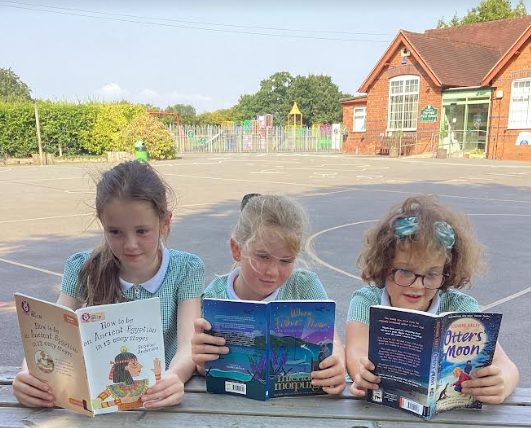
Speaking and Listening
During Reception and Year 1, pupils learn to speak confidently and listen to what others have to say. The EYFS follow the ‘Teaching Children to Listen’ approach. Through effective teacher modelling, they are encouraged to use language to explore their own experiences and imaginary worlds.
Reading
We encourage a love of reading amongst all of our pupils at Fairfield First School. Every day, we enjoy sharing stories, poems and non-fiction texts through a variety of activities. By making these sessions fun, the children are encouraged to read for pleasure as well as developing valuable learning skills.
- For information on early reading and phonics in EYFS and Year 1, please visit our phonics page.
- In Year 2, once children have finished their Little Wandle phonics and fluency books, the children move on to Accelerated Reader and VIPERS.
- Accelerated reader is used from year 2 - year 4 to build an understanding of fluency and comprehension. This programme accelerates progression, and has impacted the children's understanding of texts greatly.
- Alongside daily Accelerated Reader practice and quizzes, the children in year 2 - 4 are taught key reading skills through VIPERS.
To enhance the children's love of reading, we encourage the use of our library (due to be refurbished summer 2025) and reading for pleasure in our classroom reading corners. The children access the library at least once a week, and share in end of the day high quality reading from their class teaching staff. Our chosen texts are purposeful and enjoyable for our children.
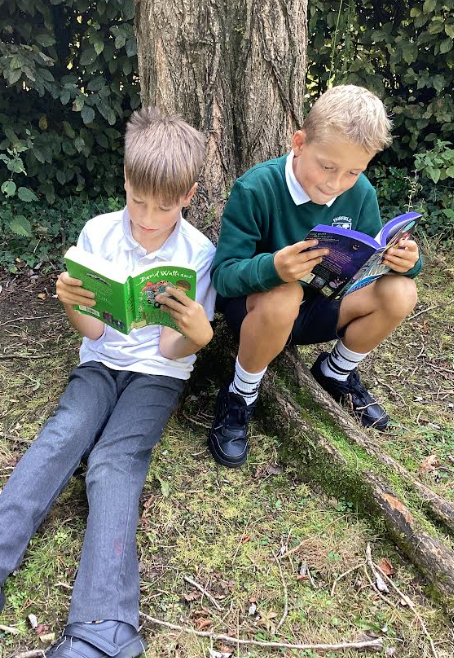
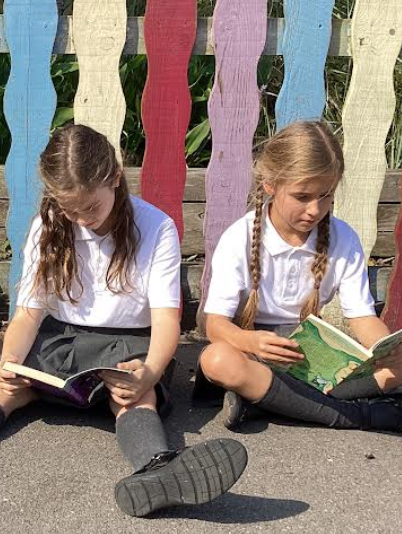
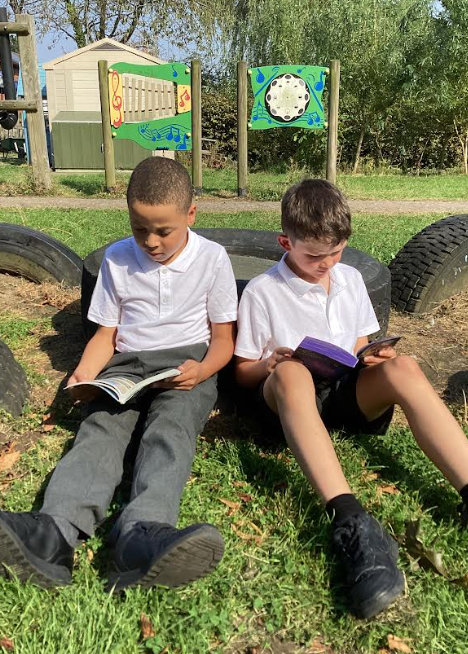
Spelling
Following on from Little Wandle phonics, the children use SpellingShed following a systematic programme. Homework tasks are set weekly from year 2 - 4, to support with learning new spelling rules.
Handwriting and presentation
It is important that children are able to write clearly and neatly when presenting their ideas. Correct letter formation is taught from the beginning of reception, following Little Wandle handwriting print, progressing to LetterJoin in year 2 - year 4.
Programmes we use for high quality teaching and learning
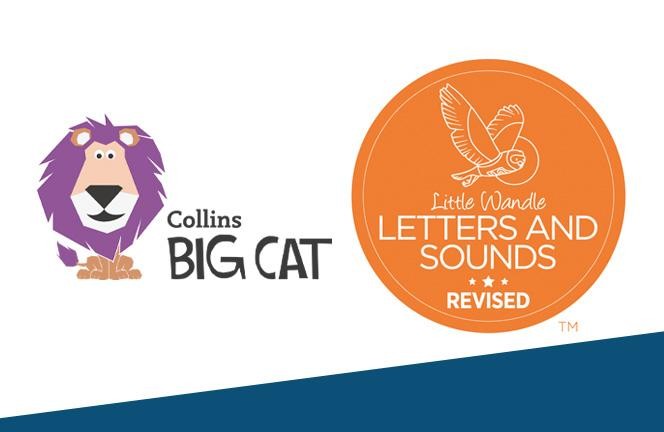
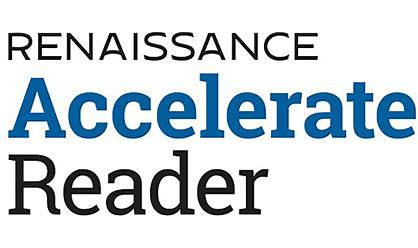



For further information, please refer to the policies shared below.

